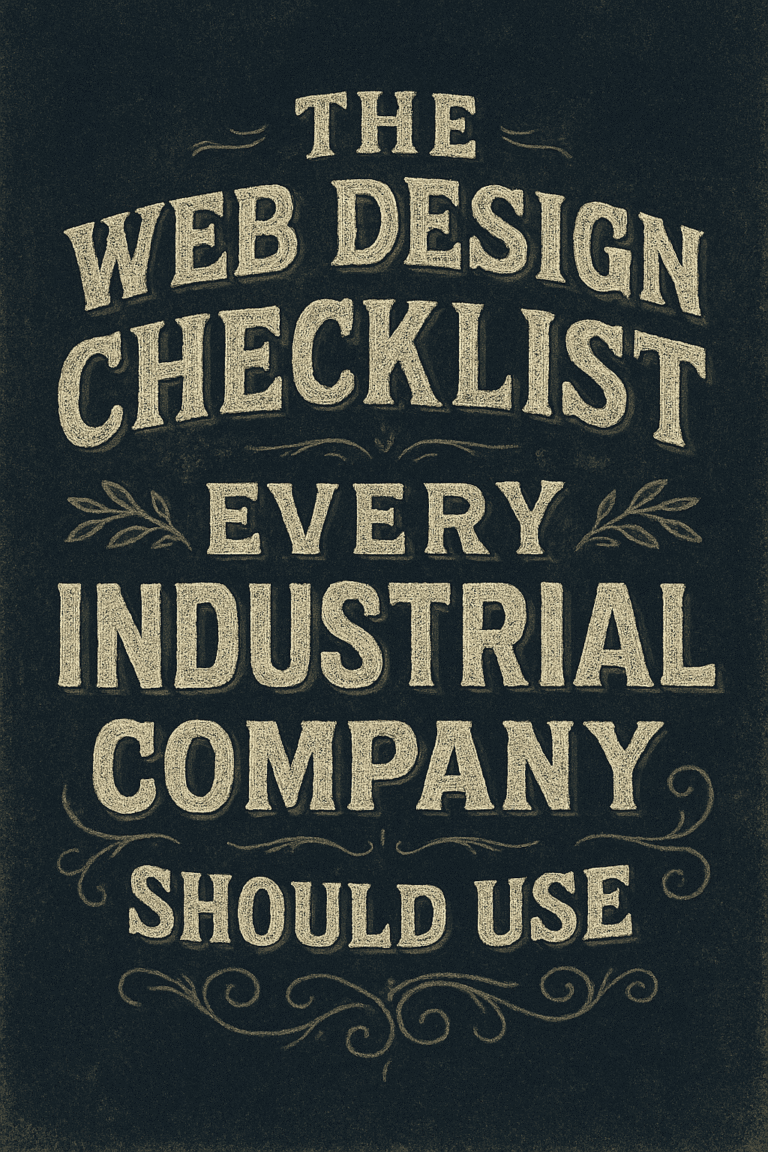
A website isn’t something you build once and forget about. Technology, design trends, and user expectations evolve constantly. If you want your website to remain relevant and effective, you need to take proactive steps to ensure it withstands the next five years. Here’s how you can future-proof your website and avoid costly overhauls down the line.
1) Choose a Flexible, Scalable Platform
Your choice of CMS (Content Management System) or website platform is critical. A modern website should be able to grow with your business.
- Go with a trusted CMS: WordPress remains a strong choice due to its vast ecosystem of plugins and themes. Other options like Shopify (for e-commerce) might also suit your needs. It depends on the scenario and requirements.
- Ensure it’s open-source or widely supported: Avoid niche or proprietary platforms that may not be supported in a few years.
- Prioritize scalability: Your website should handle increased traffic and new features as your business expands.
2) Keep Your Design Timeless
Web design trends change rapidly, but a good user experience (UX) never goes out of style. Future-proof your website’s design by focusing on:
- Simplicity: Minimalist designs age better than trendy, cluttered layouts.
- Easy navigation: Users should be able to find what they need quickly.
- Responsive design: Mobile-friendly websites are now standard, not optional.
- Fast loading times: Speed impacts SEO and user experience, so optimize images, use caching, and leverage a CDN (Content Delivery Network).
3) Prioritize Performance and Speed
Google prioritizes fast-loading websites, and users expect instant access to information. Here’s how you can ensure your site stays fast:
- Use a reliable hosting provider: Investing in high-quality hosting (such as cloud-based options) improves speed and uptime.
- Optimize images and media: Compress images, lazy-load media, and use next-gen formats like WebP.
- Leverage caching and a CDN: This reduces server load and speeds up page delivery.
- Minimize JavaScript and CSS files: Unnecessary scripts slow down your site—keep it clean and efficient.
4) Stay on Top of SEO Best Practices
Search engine algorithms change constantly. To keep ranking high in search results over the next five years:
- Follow Google’s Core Web Vitals: Focus on page speed, interactivity, and visual stability.
- Optimize for voice search: With the rise of smart speakers, users search in conversational language.
- Use structured data: Schema markup helps search engines understand your content better.
- Regularly update content: Outdated content hurts rankings, so refresh your website’s pages consistently.
- Invest in local SEO: If you serve specific locations, optimize for Google Business Profile and local keywords.
5) Make Security a Priority
Cyber threats are growing, and outdated websites are easy targets. Protect your website with:
- An SSL certificate: HTTPS is a must for security and SEO.
- Regular updates: Keep your CMS, plugins, and themes updated to patch vulnerabilities.
- Strong passwords and authentication: Require two-factor authentication (2FA) for admin access.
- Daily backups: In case of a breach, quick recovery is essential.
- Security monitoring tools: Use firewalls and malware scanners to prevent attacks.
6) Plan for Content Longevity
Your website’s content should remain valuable over time. Instead of chasing fleeting trends, create evergreen content that holds up years down the line.
- Focus on problem-solving: Answer common questions and provide long-term solutions.
- Use simple, clear language: Avoid jargon that may become outdated.
- Update content regularly: Keep statistics, facts, and references current.
- Diversify content types: Mix blog posts, videos, infographics, and case studies to engage different audiences.
7) Prepare for Emerging Technologies
Technology evolves quickly. Stay ahead by preparing for:
- AI and automation: Chatbots, AI-driven recommendations, and automated customer support will become more common.
- Augmented reality (AR) and virtual reality (VR): These will impact e-commerce and interactive experiences.
- Blockchain and Web3: While still developing, decentralized tech may play a bigger role in security and transactions.
- 5G and beyond: Faster internet speeds mean richer media and more interactive experiences.
8) Ensure Accessibility and Compliance
Making your website accessible isn’t just good practice—it may soon be a legal requirement.
- Follow WCAG guidelines: Ensure your website is navigable for users with disabilities.
- Use proper color contrast: Make text readable for visually impaired users.
- Include alt text: Describe images for screen readers.
- Enable keyboard navigation: Users should be able to browse without a mouse.
9) Keep Your Website Maintainable
Your website will need continuous updates, so make sure it’s easy to manage.
- Use a modular design: Avoid overly custom-coded solutions that make future changes difficult.
- Document your website setup: Keep records of logins, plugins, and third-party integrations.
- Train your team: If multiple people manage your site, ensure they understand best practices.
10) Work With a Professional Web Team
A DIY approach can only get you so far. If you want your website to last five years (or more), partnering with experts will save you time and headaches.
- Hire a professional web designer: They’ll ensure your site is built to scale.
- Invest in ongoing maintenance: Regular updates prevent costly fixes later.
- Get periodic audits: Have experts review your site’s SEO, security, and performance to keep it optimized.
Final Thoughts
Future-proofing your website isn’t about predicting every trend—it’s about making smart, adaptable choices. Focus on scalability, security, performance, and SEO best practices. If you build your site with these principles in mind, it will remain a powerful tool for your business for years to come.
Need help to future-proof your website? Contact Graticle Design today.





